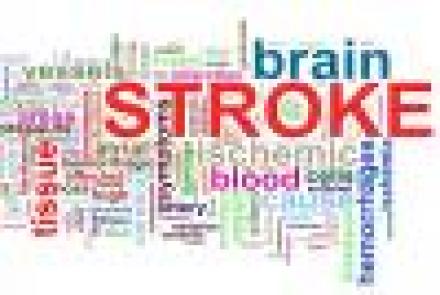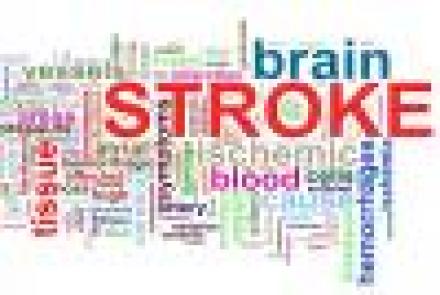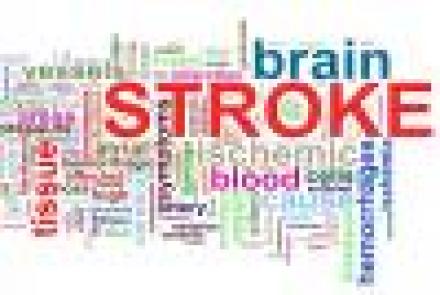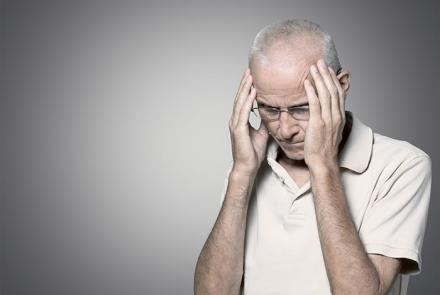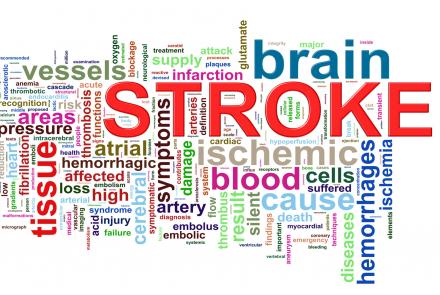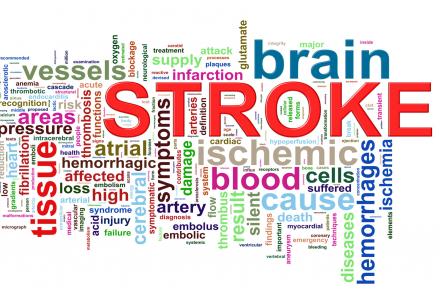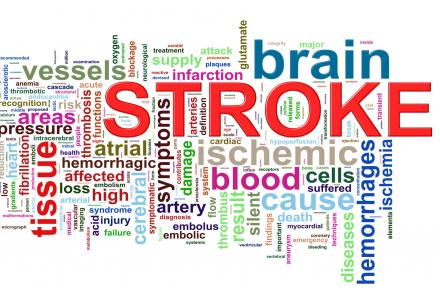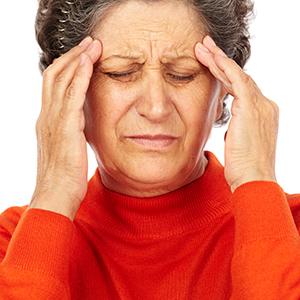
Stroke Rehabilitation and Recovery is a long drawn out process which can be exhausting and de-motivating for both the survivors and their family members. We have compiled some of the best tips from patients, family caregivers and professionals.
Stroke survivor Javed Ameer's 3 most important tips for rehabilitation for a cerebral stroke patient are:
- Be ‘physical’. Cycle, walk, jog, run, exercise………
- Accept your fate and state. Mentally. Faster you do it, better for your peace of mind!
- Reading can take you places (my choice has been travelogues), music and meditation help but remember you are there absolutely alone. Don’t even expect anything from anyone. Each one of us have our own battles. Get up and go. As I said ‘be physical’.
Read Javed Ameer's Recovery Journey With Stroke - Challenges and Tips
She fainted and lost her vision, speech all at once due to a stroke but she eventually resumed painting. Her motto in life is:
- Always count your blessings! My family doctor taught me that. Don’t lament on what is gone. He made me understand that loss of an eye was insignificant in the greater picture. I should be happy to have my loving family, my life and having recovered a stroke and tumour with minimal damage.
Read the rest of her lived experience here and if she could have prevented it
Tips for Stroke Caregivers by Deepa Samant Soman, who looks after her father who was paralysed after a stroke
Vasant Samant, a supremely independent man, lost all that was dear to him when he suffered a stroke and was paralysed on the left side of his body. Into 10 years of his stroke, his daughter, Deepa Soman, noted down 10 lessons to caregivers drawn from her experience of inspiring and being inspired.
- Keep them as an integral, participative part of an equation and not on the periphery.
- Connect with the patient’s friends, relatives, colleagues, caregivers, doctors, therapists. Enlist and co-opt their partnering. Make the recovery a ‘shared goal’. Everyone is working to the same cause of reclaiming ‘wholeness’. Acknowledge and cherish.
- Positivity begets energy to stay invested in the long haul of the road to recovery. Celebrate wins, big and small milestones. Make every moment count.
Read Deepa's reflection on her father's recovery and hacks recommended for caregivers.
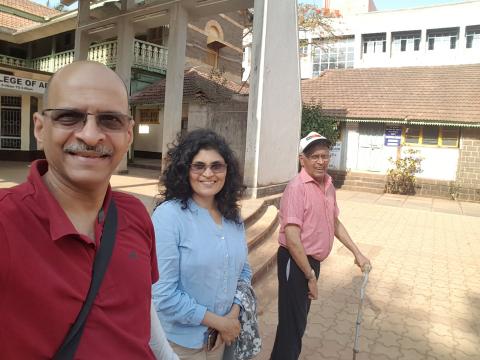
After a stroke nearly 20-40 per cent patients develop communication problems or aphasia.
Aphasia is the inability to comprehend and formulate language because of damage to specific language areas in the brain. Dr Sujata Gandhi, Speech Therapist, Nanavati Hospital, advises that speech and language therapy is the best way to restore normalcy and quality of life and shares the following guidelines for communicating with people with Aphasia
- Respect the patient’s age - do not treat or speak to them like a child.
- Do not ridicule or laugh at the errors or mistakes that they make.
- Speak slowly and clearly. Do not shout.
- Be patient and encouraging.
For more on understanding how to deal with Aphasia and other speech related issues click here
Mood disturbances, like depression and anxiety disorders, are common post-stroke.
35% to 60% of stroke survivors experience cognitive impairment with impairments in concentration, slowness of thought and response, memory, planning and doing things, perception, communication and language.Porrselvi A.P. a cognitive and psychosocial interventions specialist recommends
- Screen for cognitive and mood disturbances within 6 weeks post-stroke
- Start rehab as early as possible as most of the recovery post-stroke takes place in the first three months.
Read here for more on "Healing The Mind After A Stroke" by Porrselvi A.P

